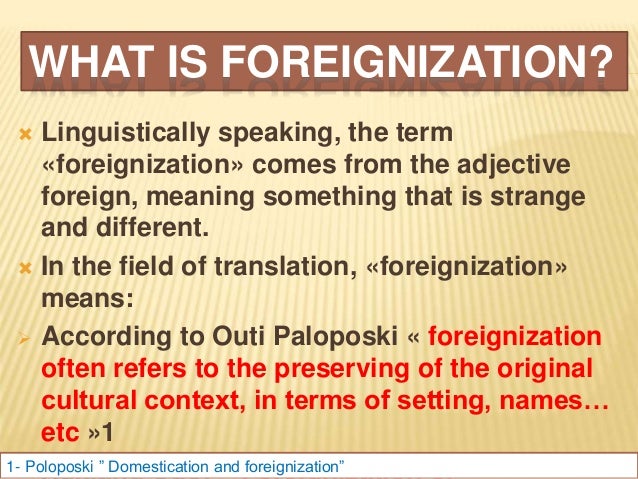

Important reason for the disparate effect of foreignness on the protagonists is their respective social position, which forces them to create profoundly different literary records of their journeys. These textual similarities, however, do not create similar representations of the cross-cultural encounter in the narratives, nor are the different foreign experiences of the protagonists the result of the different cultures they confront. Produces a critical space filled with humor. As in The Innocents Abroad, the distance between author and narrator Tourists in the Old World in this instance, but for prospective immigrants to the United States, who might glean some insights and pieces of advice from his Memories of Growing Up Hispanic. Like Twain, he is a guide of sorts, not for prospective This critical function is performed by various humorous techniques, the burlesque in particular,Īnd it is maintained throughout the sixty-one chapters of Twain's account.īorne out by the very title, an episodic quality also informs Rivera's Family Installments, which is narrated by the young Santos Malánguez, the bewildered and immature alter ego of the author. The distance between author and narrating voice opens an ironic gap, allowing Twain to be critical both of the foreign countries he visitsĪnd of the behavior of the American travelers, whose Yankee prejudices and ignorance of foreign languages render them ill-prepared for the long journey. Mediterranean, with Twain remaining visible and audible behind the multiplicity of narrating agents. In The Innocents Abroad, several distinct voices perform the task of guiding the reader through the societies of Europe and the Which, as Percy Adams points out, often appear in the form of a burlesque travelogue with a naïve protagonist. On a basic representational level, both narratives are anatomies, More important than Huckleberry Finn, however, is the second foil, The Innocents Abroad, which shares with Family Installments the narrator figure and his use of humor. In chapter 6, Rivera ridicules Shakespeare's Julius Caesar, presenting to the readerĪ burlesque reminiscent of the theatrics performed by Twain's "King" and "Duke." By offering his readers his own version of the adventures of a young American, Rivera puts himself on an equal footing, as it were, with Twain. Which Huck Finn undergoes in the household of the Widow Douglas: he must take a bath and show good manners, and he is not allowed to gamble or smoke. At their home, he confronts the same ordeal After misbehaving repeatedly, Chuito is sent to relatives, who are to turn him into a decent human being. Huck Finn, who initiates the book's hero, Santos Malánguez, into the world of sex. In chapter 3 of Family Installments, the reader is introduced to the orphan Chuito, a modern-day Rivera builds into his autobiography features that echo two of Twain's most important works, The Adventures of Huckleberry Finn (1884) and The Innocents Abroad (1869), thereby pointing out his ideological similarities and - most significantly - his differences with Twain.Īllusions to Huckleberry Finn serve Rivera as a means of placing his own narrative firmly in the tradition of American literature. In Family Installments: Memories of Growing Up Hispanic (1982), the Puerto Rican writer Edward Rivera provides an instructive answer to this question by engaging in an intertextual conversation with Mark Twain, one of the forefathers of international fiction. One might ask, given the identity of theme, how international fictions and ethnic autobiographies differ.

Even though these two strands of American literary production,Įach making up an impressive corpus of works, grapple with the problem of alterity, their relationship with one another has largely been ignored. The former flourished between the end of the Napoleonic Wars and the end of World War II, and was then followed by the latter, which focuses on forms of otherness at home. Negotiating foreignness has been at the heart of two subgenres of American prose literature, international fiction dealing with Americans in the Old World and ethnic autobiography depicting the fate of newcomers in the United States. Udo Nattermann, University of Indianapolis Ethnic Autobiography:Ĭultural Appropriation in Mark Twain and Edward Rivera Ethnic Autobiography: Cultural Appropriation in Mark Twain and Edward Rivera International Fiction vs.


 0 kommentar(er)
0 kommentar(er)
